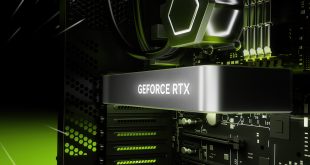Legally embattled Kim Dotcom, founder of Megaupload, worker on Baboom and one day possible political driving force, has announced that his cloud backup service MEGA, has won a prize for security and privacy in 2013, from the Australia and New Zealand Internet Awards.
Known as the ANZIA, these prizes are given out each year to websites and applications that “have made significant contributions to the development and use of the Internet in Australia and New Zealand,” reads the official site. Entries are judged on their creativity, initiative and innovation in the tech market.
MEGA won the award for privacy, thanks to its speed, end to end encryption and controlled user access, allowing personal customisation of an account. Also part of the same category was Vodafone Hutchinson Australia, with its Guardian smartphone application. The app let's parents have control over what their children can do on a smartphone, allowing parameters and safeguards to be put in place for undesirable content or software usage.
Some of the runners up in the same category included Bleuprint Information Security, New Zealand Internet Task Force and Studentnet, all just missing out to MEGA and Vodafone's app in the finals.
Dotcom congratulated the staff at Mega via his Twitter account, saying:
“I like to thank the entire #Mega team for your hard work. We have just won an Internet Award for PRIVACY. Well done!”
KitGuru Says: Good to see bodies like the ANZIA awards recognising that encryption and user privacy is important. The more people that remember we don't need to tell everyone everything about ourselves online, the better.
 KitGuru KitGuru.net – Tech News | Hardware News | Hardware Reviews | IOS | Mobile | Gaming | Graphics Cards
KitGuru KitGuru.net – Tech News | Hardware News | Hardware Reviews | IOS | Mobile | Gaming | Graphics Cards



